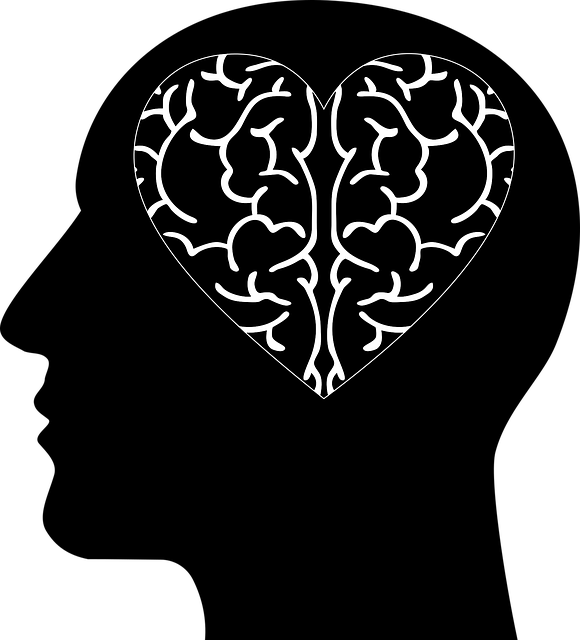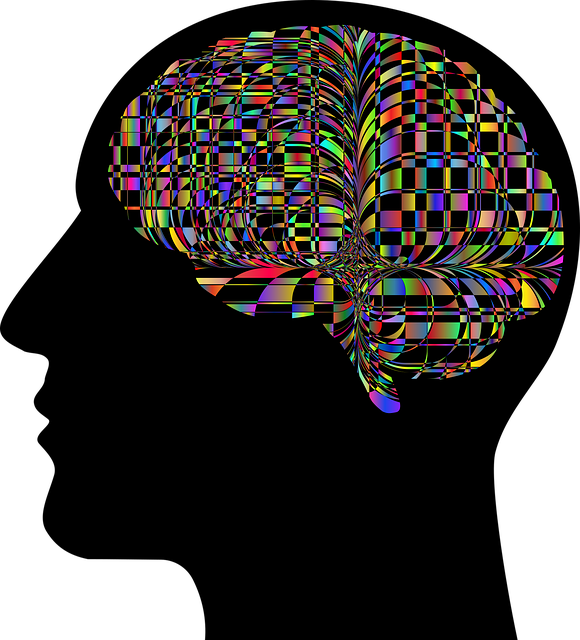Cultural Competency Training for Healthcare: Northglenn’s Approach to Effective Therapy
Northglenn Alcohol Abuse Therapy (NAAT) emphasizes cultural competency in patient care, utilizing Mi…….
Welcome to an in-depth exploration of Northglenn Alcohol Abuse Therapy (NAAT), a specialized approach to addressing substance use disorders with a unique focus on recovery and rehabilitation. This article aims to guide readers through the intricacies of NAAT, its global impact, and the various factors influencing its development. By delving into case studies and analyzing trends, we will uncover the significance of this therapy in transforming lives and communities worldwide.
Definition:
Northglenn Alcohol Abuse Therapy is a comprehensive treatment program designed to aid individuals struggling with alcohol addiction. It goes beyond traditional rehabilitation by incorporating various therapeutic modalities, community engagement, and personalized support to facilitate long-term recovery.
Core Components:
Historical Context:
The roots of NAAT can be traced back to the early 20th century when institutions started focusing on holistic treatment approaches for addiction. Over time, it evolved from traditional inpatient care to a more diverse range of outpatient and community-based programs. The 1980s and 1990s saw a significant shift towards evidence-based practices, leading to the integration of CBT and other therapeutic models now central to NAAT.
Significance:
NAAT addresses a critical global health issue. According to the World Health Organization (WHO), in 2020, approximately 364 million people worldwide were living with alcohol use disorders, highlighting the urgent need for effective treatment options. NAAT’s success lies in its adaptability, accessibility, and commitment to long-term recovery, making it a valuable addition to the global mental health landscape.
International Reach:
NAAT has made significant strides globally, with countries adopting and adapting this therapy to meet their unique cultural and social needs. The United States, Canada, Australia, and several European nations have embraced NAAT, leading to increased access to quality alcohol abuse treatment.
Regional Variations:
Key Global Trends:
Market Dynamics:
The global alcohol abuse treatment market is experiencing steady growth due to rising awareness, changing societal attitudes, and increased government support for mental health initiatives. NAAT, with its proven effectiveness, contributes significantly to this expansion.
Investment Patterns:
Economic Impact:
Digital Tools in Therapy:
Technology plays a pivotal role in enhancing NAAT’s reach and effectiveness. Here are some notable advancements:
| Technological Innovation | Description | Impact on NAAT |
|---|---|---|
| Mobile Apps for Recovery | Smartphone apps offer personalized recovery tools, tracking progress, providing coping strategies, and connecting users to support networks. | Increased accessibility, continuous engagement, and improved patient outcomes. |
| Online Therapy Platforms | Digital platforms facilitate virtual therapy sessions, making treatment accessible to remote areas and individuals with limited mobility. | Expands service availability, reduces barriers to care, and promotes ongoing support. |
| Wearable Health Devices | Wearables monitor vital signs, sleep patterns, and physical activity, providing valuable data for personalized treatment planning. | Enhances understanding of patient behaviors and supports tailored interventions. |
| Artificial Intelligence (AI) | AI algorithms analyze large datasets to identify trends, predict relapse risks, and personalize treatment recommendations. | Improves prediction accuracy, facilitates early intervention, and optimizes treatment protocols. |
Future Potential:
The future holds immense possibilities for NAAT through technology:
Global Regulatory Frameworks:
The legal and regulatory environment significantly influences the practice and accessibility of NAAT globally. Key considerations include:
Legislative Developments:
Overcoming Barriers:
Despite its successes, NAAT faces several challenges that require strategic solutions:
Strategic Solutions:
Case Study 1: Urban Community Initiative (UCI), USA
UCI is a community-based NAAT program serving low-income neighborhoods in Denver, Colorado. By partnering with local churches, schools, and businesses, UCI offers a range of services, including individual therapy, group support groups, and job training. Their approach has led to impressive outcomes:
Case Study 2: Rural Recovery Network (RRN), Australia
RRN provides NAAT services in regional and remote areas of Australia, addressing the unique challenges of addiction in these communities. Their strategy includes:
Case Study 3: Global Youth Alliance (GYA), International
GYA is a non-profit organization offering NAAT tailored for youth aged 14-25 worldwide. They recognize the unique challenges faced by young people with substance use disorders. GYA’s programs include:
Emerging Trends:
The future of NAAT is filled with promising developments and growth areas:
Strategic Considerations:
Northglenn Alcohol Abuse Therapy represents a comprehensive, evidence-based approach to addressing alcohol addiction, with a strong global presence and growing impact. Its adaptability, accessibility, and commitment to long-term recovery have made it a valuable tool in the global mental health arsenal. As we look ahead, NAAT’s future prospects are promising, with technology, policy reforms, and community engagement set to drive its evolution.
By overcoming challenges, adapting to cultural contexts, and leveraging technological advancements, NAAT can continue to transform lives and communities worldwide. This article has provided a comprehensive overview, highlighting the significance of NAAT in the global pursuit of healthier, more resilient individuals and societies.
Q: What is the primary difference between NAAT and traditional alcohol rehab?
A: NAAT differs from traditional rehab by emphasizing community engagement, personalized therapy, and long-term support. It focuses on preparing individuals for successful reintegration into society while traditionally, rehab centers often provide intensive, short-term treatment in a controlled environment.
Q: How does cultural sensitivity play a role in NAAT?
A: Cultural sensitivity is crucial as addiction expresses itself differently across cultures. NAAT programs must be adapted to respect and incorporate local traditions, beliefs, and healing practices to ensure effectiveness and acceptance.
Q: Can you explain the impact of technology on NAAT’s accessibility?
A: Technology significantly enhances NAAT’s accessibility. Telehealth allows individuals in remote areas to access therapy, while mobile apps and online platforms provide ongoing support and self-help resources. These tools also facilitate continuous engagement, improving patient outcomes.
Q: What are some signs that a person might need alcohol abuse treatment?
A: Signs of potential alcohol abuse include increased tolerance (needing more alcohol to achieve the same effect), drinking in risky situations, experiencing withdrawal symptoms when not drinking, and negative consequences on personal or professional life due to alcohol use.
Q: How does NAAT support individuals in their recovery journey?
A: NAAT offers a holistic approach, addressing physical, psychological, and social aspects of recovery. It provides personalized therapy, family involvement, medical supervision during detox, and ongoing aftercare support, ensuring individuals have the tools and resources for long-term sobriety.

Northglenn Alcohol Abuse Therapy (NAAT) emphasizes cultural competency in patient care, utilizing Mi…….

Northglenn Alcohol Abuse Therapy offers a comprehensive approach to tackling substance abuse, focusi…….

Northglenn Alcohol Abuse Therapy emphasizes that understanding mental wellness needs is key to creat…….